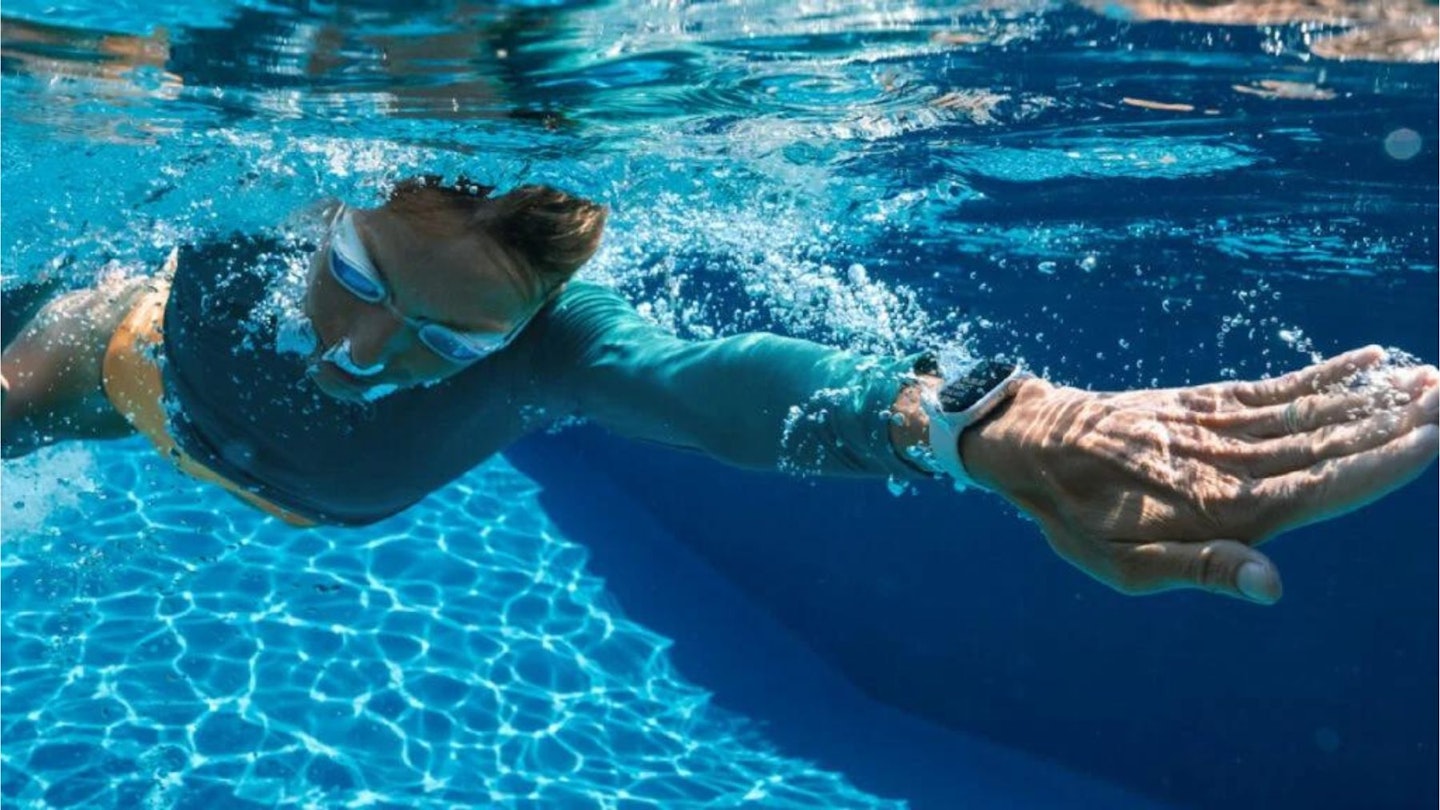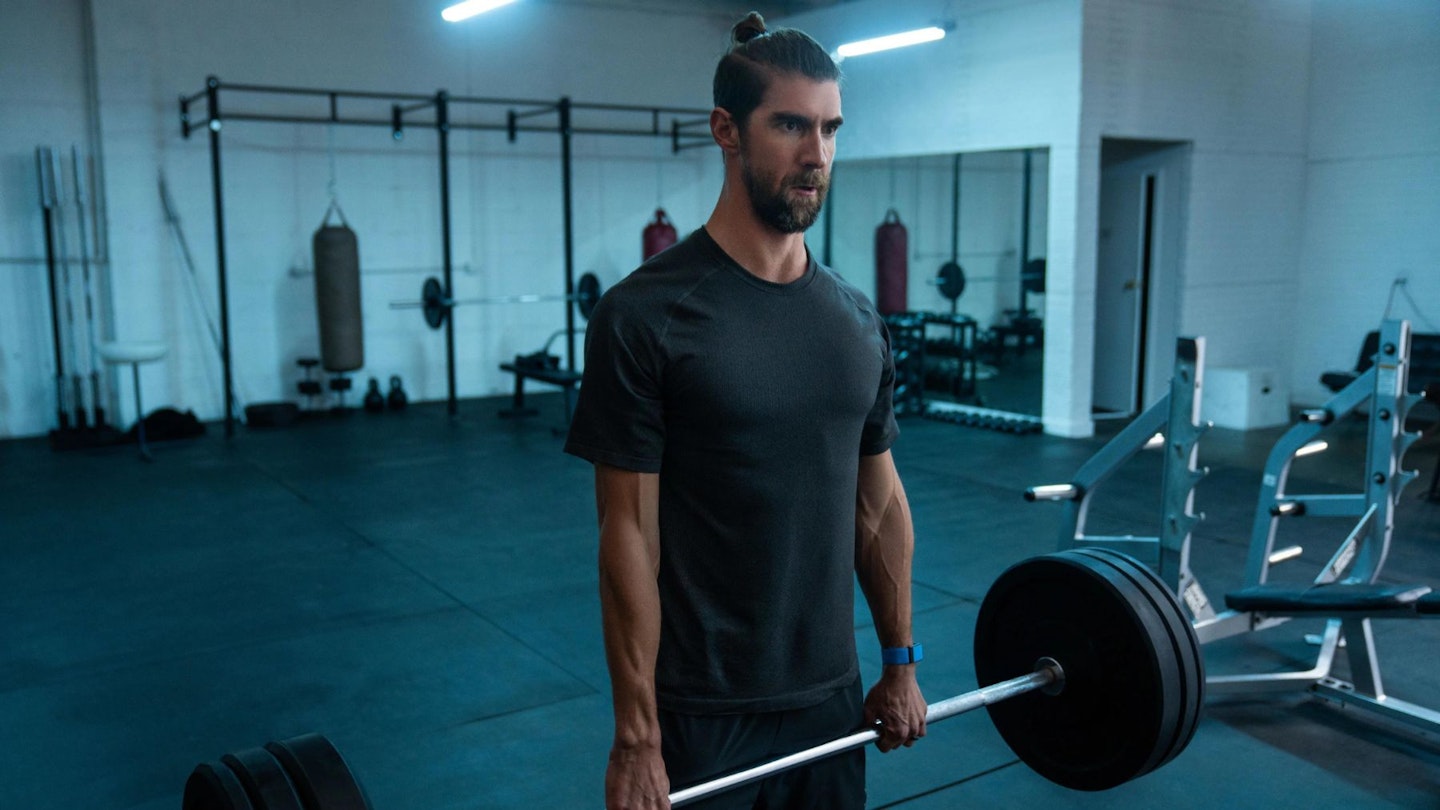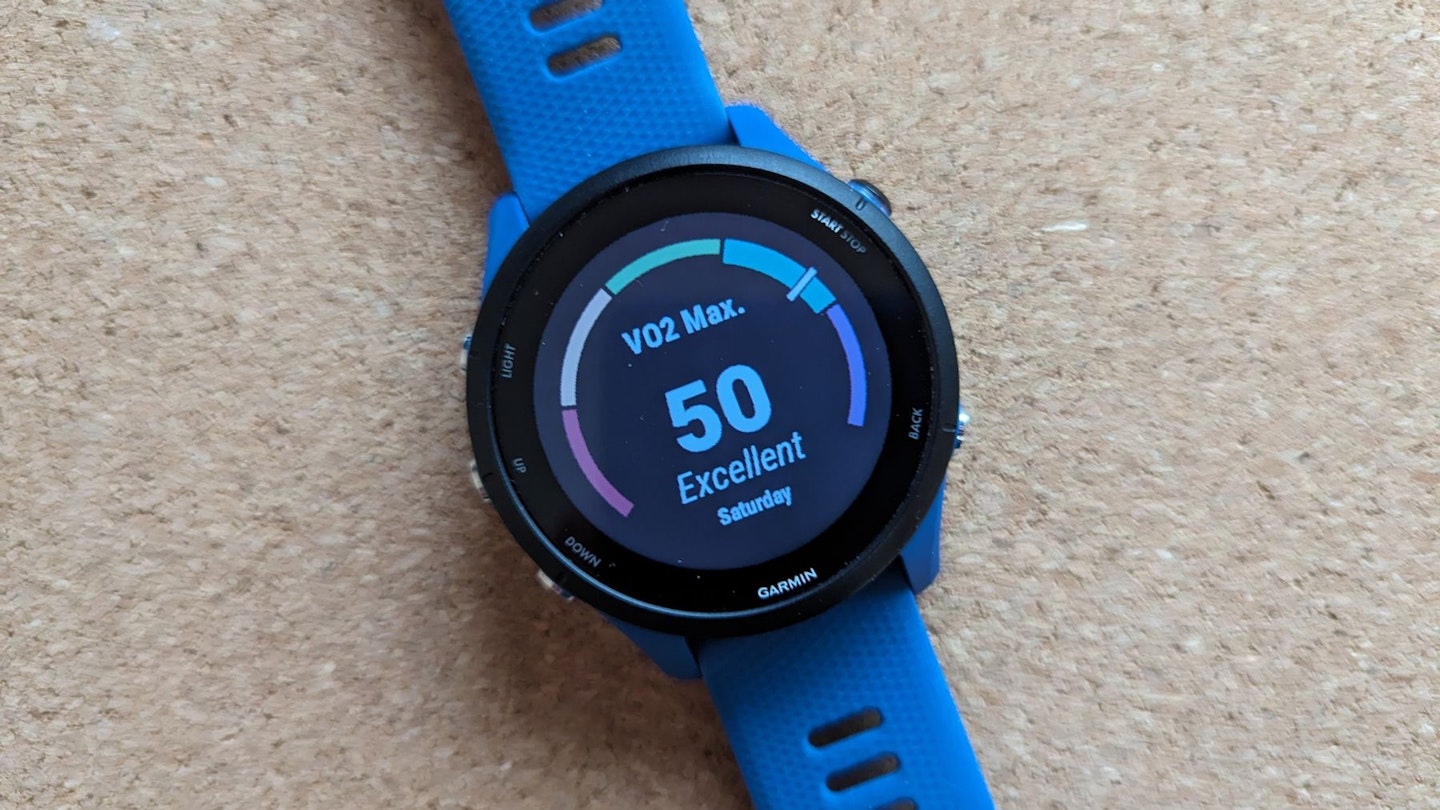Whether you want some support in achieving a specific goal, or just want to keep an eye on your overall health, fitness trackers and smartwatches offer a whole lot more than counting your steps and estimating your calorie burn. The best fitness trackers offer features such as heart rate and blood oxygen monitoring, sleep tracking, and track your activity levels. Many will even create a training plan and gauge your recovery after a workout.
While there are plenty of brilliant devices to choose from, even the best smartwatches might not offer exactly what someone is looking for. Depending on how you like to keep fit, you may find that some types of fitness tracker are more suitable than others. But how do you know what to look for?
Whether you like to go for a run, spend your time at the gym, or prefer the many benefits of yoga, there’ll almost certainly be a suitable tool to help you keep track of your progress.
The best type of fitness tracker for a runner

Running watches will generally offer most, if not all the other features you’d expect from a regular fitness tracker. That means they can be great for non-runners, too. But if running is your preferred form of keeping fit, then a running watch will be the best type of fitness tracker for you.
While almost any fitness tracker can track how far you’ve run, the best running watches will offer plenty more on top. Many of these features are specific to supporting your running performance – think of metrics such as cadence, stride length, vertical oscillation, ground contact time, lactate threshold, and running power. Many devices can also support you by offering training plans, split times, and even helping you pace yourself during a run.
Crucially, a good running watch will also offer built-in GPS, meaning that you can leave your phone behind when you go for a run. These will often connect with more than one navigational satellite system, to help make them as accurate as possible.
At What’s the Best, we’re big fans of Garmin’s running watches. And a top pick is the Garmin Venu 3, arguably Garmin’s most complete smartwatch. As well as being an excellent running watch, it offers plenty of more traditional smartwatch features, making it extremely versatile. The AMOLED screen is beautiful and it has an impressive 14-day battery life. At under £450, it’s suitable for all but the most dedicated runners.
The best type of fitness tracker for a swimmer

If you’re a devoted swimmer, you’re going to need something with a good waterproof rating (we'd expect a minimum of 5ATM). While many fitness trackers are at least splash resistant and fine for a shower, not all of them will cope with the demands of being underwater for extended periods of time.
This becomes even more pronounced when we’re considering water-based activities such as diving or water sports. Most fitness trackers and smartwatches aren’t designed for use in deep water or where they may get hit with high-pressure water, such as when water-skiing.
Whether you are out in the open water or in your local swimming pool, you’ll want a device that tracks your laps, distance swum, and your heart rate as you go. Ideally, you’ll also want it to be easy to use even when you are in the water.
Our top pick for waterproof fitness gadgets is the excellent Apple Watch Ultra 2. Yes, it has a hefty price tag, but it is almost unique in its underwater features. Capable of supporting use during high-speed water sports, and diving to depths of 40 metres, the Apple Watch Ultra 2 also supports the Oceanic+ app, to turn it into a fully-fledged dive computer. You can also use it for multisport workouts, making it perfect for triathlon training.
The best type of fitness tracker for yoga

If you’re a fan of yoga, you’ll almost certainly want a fitness tracker that has a yoga workout tracking mode. While you may not need GPS tracking, accurate heart rate monitoring will be useful. And potentially, you might prefer to avoid anything too chunky, which could get in the way during a downward dog, for example.
Most fitness trackers will be able to track your heart rate, but we’d suggest the Fitbit Charge 6, which enjoys the most advanced heart rate tracking Fitbit has ever put on one of its fitness trackers. It can also check your breathing rate when you aren’t exercising, and the Fitbit app is incredibly user-friendly. It provides plenty of data to help you monitor your progress. With an RRP of £139.99, it’s relatively inexpensive, while still offering some extremely advanced features. Importantly, it isn’t a one-trick pony either, as it offers lots of other health and fitness features.
The best type of fitness tracker for strength training

There are many fitness trackers that offer exercise tracking, and weight training (or strength training) is often one of the exercise types that can be tracked. Some devices will let you log sets and reps, and some Garmin devices – such as the Garmin Venu 2 - even offer strength workouts via the watch itself. Reps and sets would be the bare minimum you should be looking for from any device that’s tracking a strength training routine.
But one device does go further than this. The Whoop 4.0 band offers a dedicated strength trainer function. And crucially, rather than relying solely on your heart rate to figure out how hard you’ve worked, this device also uses its built-in gyroscope and accelerometer to calculate the strain your muscles were under and uses this to give you a strain score. It can also provide you with your total tonnage, and your personal muscular load.
There are a few omissions; it won’t show you progression over time or suggest a workout routine for you. It’s also subscription-based, so you’ll need to keep paying to access your data. But right now, it’s one of the most comprehensive fitness trackers for weight training out there.
The best type of fitness tracker for anyone who just wants to keep fit

Ultimately, the best fitness tracker is the one that you’ll keep using, allows you to track the metrics that matter to you, and fits your budget. If none of the examples we highlighted earlier quite fit the bill, then here are a few things to help you find your ideal device:
Budget – there are plenty of devices that cost under £100, including the Fitbit Inspire 3, and there are fitness trackers under £50, such as the Huawei Band 9. Being cheaper may mean that it doesn’t have all the features of more expensive devices, but if you don’t need those features, you may be able to save yourself some money.
Features – your budget is obviously important, but if there are features you regard as essential, you may need to be flexible with what you’re prepared to spend. For instance, if you want to use your device for water sports and diving, an Apple Watch Ultra 2 will be one of very few suitable options. Likewise, if you regard accurate tracking during a run or bike ride as critical, then you’ll need to make sure you have a device with GPS built in.
Design – design includes how it looks, and how comfortable it is to wear. But also consider how you’re going to be using it. If you do a lot of outdoor activity, such as rock climbing, you may need something that’s more rugged and durable than if you primarily do yoga and Pilates, where it’s less likely to get damaged.
Accuracy – there is no fitness tracker that is completely accurate. The key thing is whether a device is accurate enough to meet your needs. For dedicated runners, being within a few metres of your true distance may be important, while for others, if you are in the right ballpark, that may be enough. Some devices may have better heart rate tracking than others. Figure out which metrics are most important to you and look for devices that are most precise in that regard.
Battery – finally, think about battery life, and how good that needs to be. If you go on long adventures where you’ll have GPS on for a long time, battery life will be more important than for someone who does a 30-minute gym class three times a week.
Steven Shaw is a Senior Digital Writer covering tech and fitness. Steven writes how-to guides, explainers, reviews and best-of listicles covering a wide range of topics. He has several years of experience writing about fitness tech, mobile phones, and gaming.
When Steven isn’t writing, he’s probably testing a new smartwatch or fitness tracker, putting it through its paces with a variety of strength training, HIIT, or yoga. He also loves putting on a podcast and going for a long walk.
Subscribe to the What’s The Best Newsletter to keep up to date with more of the latest reviews and recommendations from the What’s The Best team.